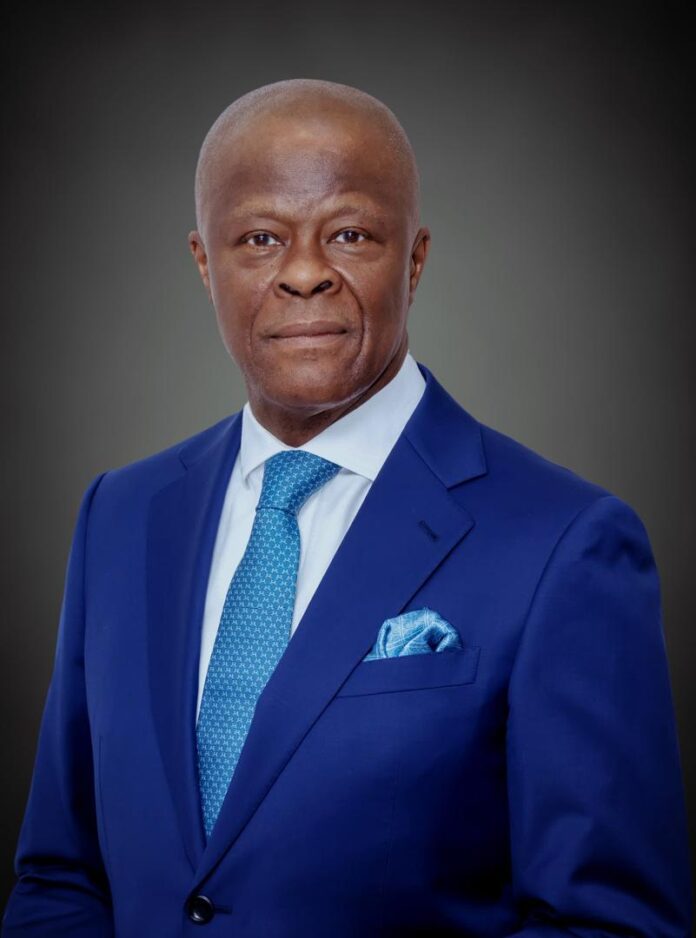In a landmark move to boost infrastructure development, the Federal Government of Nigeria has secured a $747 million syndicated loan to finance Phase 1, Section 1 of the Lagos-Calabar Coastal Highway, stretching from Victoria Island to Eleko Village.
The loan, coordinated by Deutsche Bank, marks the largest syndicated road infrastructure financing of its kind in Nigeria and is seen as a vote of confidence in the country’s ongoing economic reforms and infrastructure agenda.
Deutsche Bank acted as the Global Coordinator, Initial Mandated Lead Arranger, and Bookrunner, working with a consortium of international and regional lenders. These include First Abu Dhabi Bank, the African Export-Import Bank (Afrexim), the Abu Dhabi Exports Office (ADEX), ECOWAS Bank for Investment and Development (EBID), Nexent Bank N.V., and Zenith Bank through its offices in the UK, Paris, and Nigeria.
The Islamic Corporation for the Insurance of Investment and Export Credit (ICIEC) is providing partial political and commercial risk insurance for the project, further enhancing its international credibility.
The highway is being executed as an EPC+F (Engineering, Procurement, Construction plus Financing) project by Hitech Construction Company, one of Nigeria’s leading infrastructure firms. The approach is designed to fast-track delivery while attracting private sector investment through a sustainable financing framework. According to project stakeholders, over 70% of the first section is already completed.
Constructed using Continuously Reinforced Concrete Pavement (CRCP) technology, the road is built for a minimum lifespan of 50 years with minimal maintenance, making it a benchmark for durable infrastructure in the region. The design incorporates comprehensive technical, legal, and environmental assessments aligned with global standards.
Wale Edun, Minister of Finance and Coordinating Minister of the Economy, described the loan deal as a milestone for Nigeria’s economic reform journey. “This transaction reflects the return of international capital to support Nigeria’s development. It positions the country for a full transition to private-sector-led infrastructure financing and development,” he said.
Minister of Works David Umahi added that the deal is a testament to investor confidence in Nigeria’s policy direction. “The Lagos-Calabar Highway is a strategic national asset. This financing sets a strong precedent for future public-private partnerships,” he noted.
Hitech Managing Director Dany Abboud praised the quality and pace of construction: “With over 70% completed, we are proving that Nigerian engineering, supported by international finance, meets global standards.”
ICIEC CEO Dr. Khalid Khalafalla emphasized the importance of risk coverage in unlocking infrastructure: “Our sovereign risk solution supports inclusive growth, local capacity, and regional trade.”
The highway is expected to drive regional integration, reduce transport costs, promote tourism, and create jobs. A tolling strategy is being finalized to ensure the financial sustainability of the project. Financing plans for additional phases are already in motion, with high interest from international investors.
This transaction signals a renewed commitment by international financial institutions to Nigeria, supported by ongoing macroeconomic reforms and a growing portfolio of bankable infrastructure projects.














